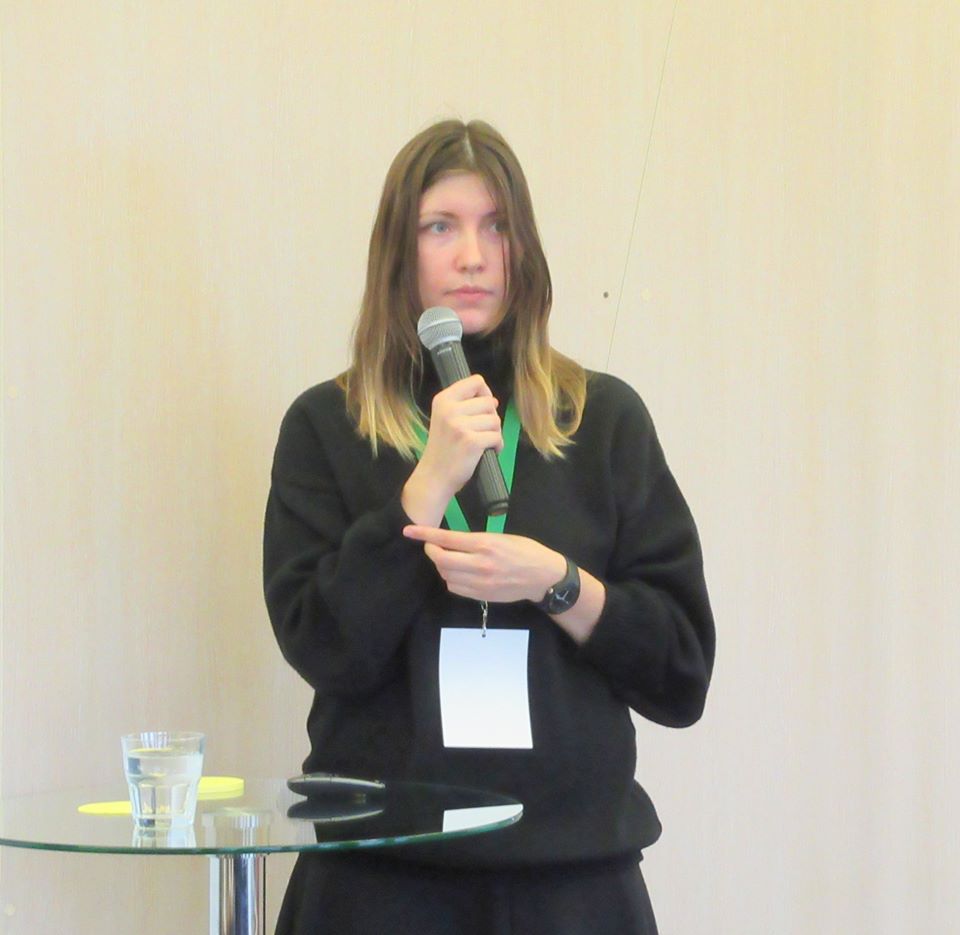This study is a continuation of BISS’s research program ‘Human Capital as a Source of Competitiveness and Modernization’ and is based on the findings of a nationwide opinion poll (conducted in December 2012-January 2013) that was commissioned by the Belarusian Institute for Strategic Studies. Based on the data of this poll (it should be specified that the topic of migration was secondary in the questionnaire), as well as available data of alternative public opinion polls focusing on migration, BISS has drawn the following conclusions:
■ The findings of the public opinion poll do not confirm the assumption that most of the Belarusians wish to emigrate. Of the total number of the respondents, 35.6% tend to show certain migration intentions (permanent emigration, temporary labor or educational migration), which is comparable to the results obtained in 2006 (30.2%). To compare: in 1998, 44.8% of the population declared their intention to leave the country for various purposes. The figure implies that the so-called passive migration—i.e. the wish to emigrate is expressed, but specific actions may have not yet been taken for this—is quite a widely spread phenomenon.
■ Some 15.1% of the population expressed the wish to leave the country permanently at the end of 2012, which roughly corresponds to the figures obtained as a result of previous polls in 1998, 2006 and 2009 (13.5%, 13.5% and 18.8%, respectively). Therefore, the intention to leave the country for good showed an upward trend during the meltdown of 2011; however, in late 2012, the figure returned to what can be referred to as the pre-crisis level. Belarus belongs to the group of countries, in which a comparatively small proportion of the population wishes to leave permanently (15.1%), alongside Russia (20% in 2012), Ukraine (15% in 2010) and Poland (11% in 2010). Migration intentions are much more pronounced in such countries as the UK (33%), Romania (31%), Malta (26%), and Lithuania (23%). The gap may be attributed to the higher level of mobility of European Union citizens.
■ Compared with 2009, the share of those who referred to pride in their native country when giving reasons for the absence of migration intention fell quite markedly (to 10.4% from 15.5%). The number of people who believe that they would have a better life in Belarus than abroad also fell (to 37.7% from 46.7%).
■ The portrait of a typical Belarusian with a continuous work experience abroad is this: a divorced male aged between 30 and 44, with secondary or secondary specialized education, a resident of Minsk or a city with population from 50,000 to 100,000 in Mahiloŭ or Viciebsk Regions. The group of those wishing to leave the country permanently includes an unproportionally large share of people with higher education (specialists with economic education prevail) and a high social status. This suggest that in case their migration intentions turn into real actions, Belarus will lose substantial human capital.
■ Most of the potential migrants, for whom the main motive for migration is the possibility to improve their financial conditions, are ready to stay in the country if their monthly income reaches Br10 million (65.3% of those mentioning financial motives for potential emigration, or 52.5% of all potential emigrants). This amount (approximately EUR1,000) is way above the conventional amount stipulated in the social contract, at USD500.
■ The Belarusians willing to emigrate tend to have more liberal views and it is quite likely that they support integration with the European Union rather than with Russia. There are three times as many supporters of integration with the EU among those wishing to emigrate permanently as there are among those who show no intention to leave the country for any purpose.
■ Belarusians with work experience abroad earn more in Belarus, have more liberal views and rely on themselves when it comes to welfare and employment twice as much as those who have no work experience abroad. However, they still expect the state to provide medical assistance and education.
Download PDF below




